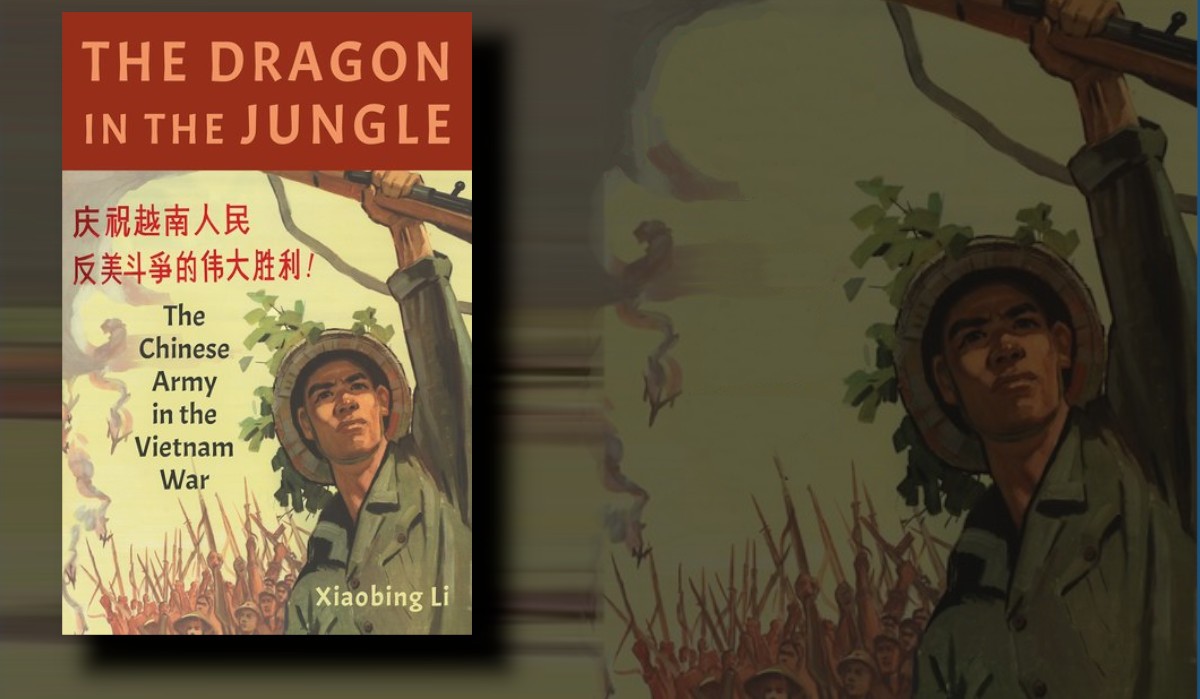The content in this article is an extract of Spotlight Brief 3/21.
Conflicts to Come: 15 scenarios for 2030
European Union Institute for Security Studies – Dec 20
Force design, while unable to predict exactly, demands practitioners understand likely future scenarios and, despite the complication of the unknown, their consequential needs. What is particularly useful is to consider a range of possible futures, for if a force can do all required roles in many possible scenarios there is a higher likely correlation with force design success. Furthermore, understanding a range of scenarios allows force designers to avoid paralysis or a slow response generated by ‘black swan’ events. This paper is interesting as it steps outside the ‘Five Eyes view’ of future threats and conflicts. The EU Institute for Security Studies presents fifteen scenarios for conflict in the future, across three types of conflict:
- An uprising or insurgency of the people
- Large scale conventional war, and
- Conflict as a result of disruptive technology
Related:
‘Strategic Foresight: Shaping Germany’s Post-Pandemic Future’, Global Public Policy Institute, 16 Apr 21
‘What’s Missing in the New Cold War Stories?’, The Diplomat, 24 Mar 21
‘Future Scenarios: Clarifying The Possible’, Echos – School of Design Thinking, 13 Mar 21
‘10 Conflicts to Watch in 2021’, International Crisis Group, 30 Dec 20
‘Some scenarios for the South China Sea in 2021’, Asia Times, 23 Dec 20
Great Power Narcissism and Ontological (In)Security: The Narrative Mediation of Greatness and Weakness in International Politics
International Studies Quarterly – Feb 21
To understand State identities, a common basis of thought is that the identity emerges after a stabilisation of narratives into a coherent and consistent entity. The reality is that this does not occur, with the development of self-representations of weakness simultaneous with ones of greatness – an apparent contradictory position. A classic Australian example would be the work done to restore Cricket Australia’s image after a major ball-tampering incident in 2018. Here, Linus Hagström advances a theory that psychological studies into narcissism can explain State behaviour – especially those of Great Powers. He reviews state behaviour though four forms (shame, pride, denial and insult), to illustrate his hypothesis. He finds adapting such a model offers new approaches for understanding international relations.
Related:
‘Beyond Nation-Building: European National Histories Seen From Their Margins’, Hypotheses, 26 Apr 21
‘'Seizing Weakness’: The Geopolitical Dimension of U.S.-China Relations’, Real Clear Defense, 06 Mar 21
‘The Rise and Fall of Great Powers?’, Council on Foreign Relations, 01 Mar 21
‘Strengths and weaknesses of the principal competitors’, Atlantic Council, 16 Dec 20
The Geopolitics of State Recognition in a Transitional International Order
Geopolitics – Apr 21
Quasi-States that seek international recognition as independent, sovereign States are often a point of tension regionally and internationally. In this work, Edward Newman and Gëzim Visoka look at how the shift to a multipolar world with growing Great Power competition influences and shapes State recognition. It explores the two simultaneous yet possibly contradictory states: that the fragmentation of the rules based global order makes State recognition harder, yet the politics of Great Power competition may make recognition easier as one nation uses proto-States against another.
Related:
‘The explainer: The EU’s Kosovo awkward squad ‘, Emerging Europe, 03 Feb 21
‘What if the world was one country?’, The Conversation, 15 Jan 21
‘Does international recognition matter?’, polity, 03 Jan 21
‘Why Arab states are recognising Israel’, The Strategist, 14 Dec 20
‘Morocco latest country to normalise ties with Israel in US-brokered deal’, BBC News, 10 Dec 20
How democracies prevail: democratic resilience as a two-stage process
Democratization – Apr 21
The second half of the twentieth century saw unprecedented growth in democratic States, although since 2005 there has seemingly been a reduction of political and civil rights along with an upswing in nationalist and populist political sentiment. Within the Indo-Pacific region, there are a number of fragile democracies and nations with recent experience of military coups. This article challenges commonly perceived reasons for democracy failure. It finds the breakdown of resilience within a democracy has two stages: increasing autocratisation and, once autocracy has taken over, reversal of the breakdown. It also finds economic development may not be as key as previously thought, but exemplar democratic neighbours and previous experience with democracy have much greater influences.
Related:
‘Why supporting resilient political systems is key to a successful Biden democracy agenda’, Brookings, 26 Jan 21
‘The risks to Australia’s democracy‘, Brookings, 22 Jan 21
‘Indo-Pacific election pulse 2020: Taiwan, Singapore, New Zealand, Myanmar and the United States: Views from The Strategist’, Australian Strategic Policy Institute, 10 Dec 20
‘COVID-19 Accelerates Democratic Regression in Southeast Asia’, Australian Institute of International Affairs, 09 Dec 20
‘Taking Stock of Regional Democratic Trends in Asia and the Pacific Before and During the COVID-19 Pandemic’, International Institute for Democracy and Electoral Assistance, Dec 20



